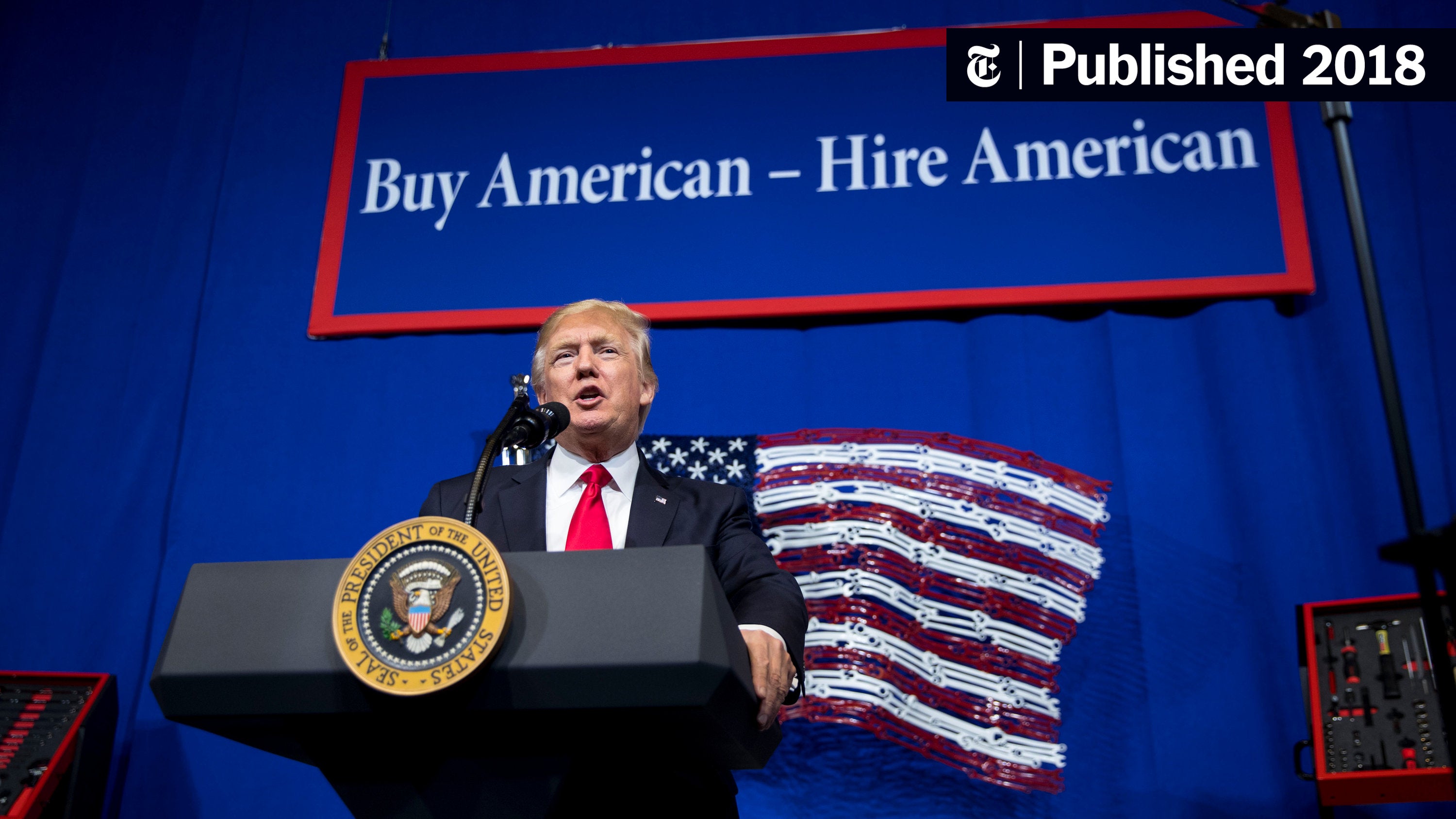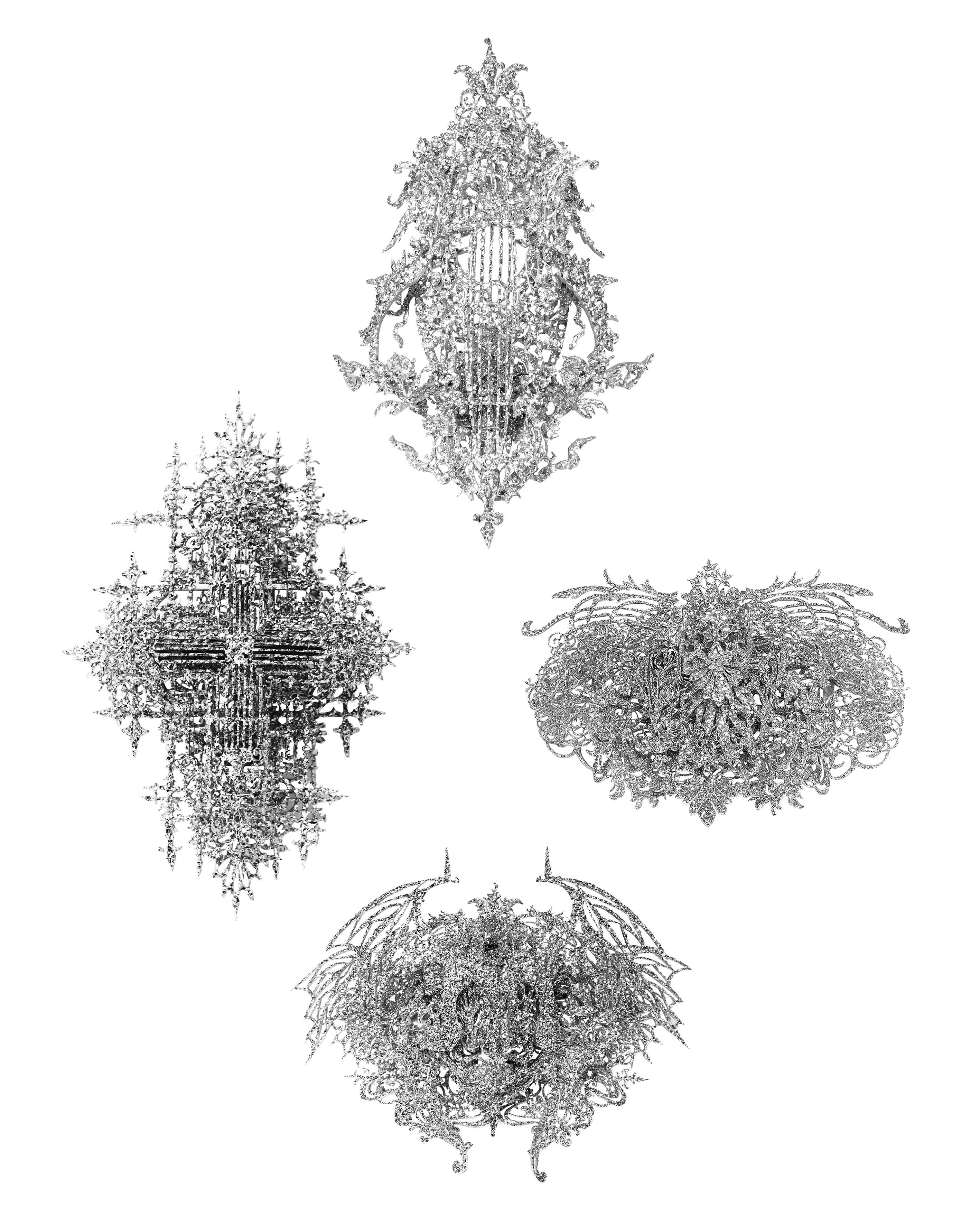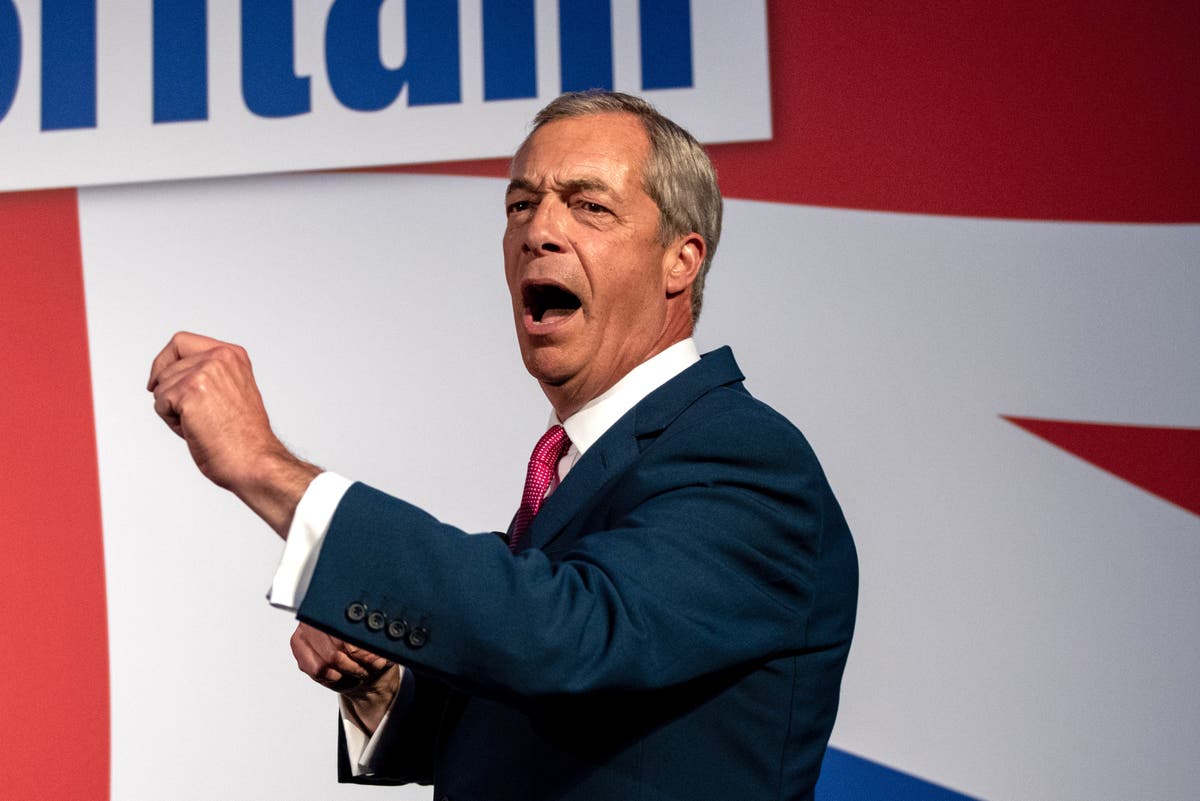Trump Defends Tariffs Against Judicial Review

Table of Contents
The Rationale Behind Trump's Tariffs
President Trump's administration justified its imposition of tariffs on several grounds, primarily focusing on economic nationalism and protectionist measures. The stated goals included shielding American industries from foreign competition, addressing perceived trade imbalances, and retaliating against what were deemed unfair trade practices by other nations.
- National Security Arguments: Tariffs were frequently framed as necessary to protect strategically important sectors of the US economy, bolstering national security. This argument often sidestepped traditional trade concerns, invoking a broader national interest rationale.
- Protectionist Measures: A core element of the Trump administration's trade policy was to protect domestic industries, particularly steel and aluminum, from what it viewed as unfairly priced imports. The aim was to bolster American manufacturing and create jobs.
- Retaliatory Measures: Tariffs were also employed as retaliatory measures against countries accused of engaging in unfair trade practices, such as dumping (selling goods below market value) or imposing their own tariffs on American products.
While the administration presented significant data showcasing trade deficits and the struggles of certain industries, critics argued that these justifications were often exaggerated or selectively applied. Many economists pointed out the potential for negative consequences, including higher consumer prices and retaliatory tariffs from other countries, harming US exporters. The actual economic impact of the tariffs remains a subject of ongoing debate among experts.
Legal Challenges to the Tariffs
Numerous lawsuits challenged Trump's tariffs, arguing that they violated both domestic and international law. The core arguments centered on exceeding presidential authority, violating international trade agreements, and infringing upon Congress's power to regulate commerce.
- Violation of International Trade Agreements: Plaintiffs argued that the tariffs violated the rules of the World Trade Organization (WTO), leading to retaliatory measures from other countries and potentially damaging US participation in the global trading system.
- Exceeding Presidential Authority: Critics contended that the president lacked the constitutional authority to impose tariffs of this scale and scope without explicit Congressional authorization. This argument touched upon the fundamental principle of separation of powers.
- Unconstitutional Infringement on Congress's Power: The legal challenges argued that the tariffs infringed upon Congress’s exclusive constitutional power to regulate interstate and foreign commerce.
Several court cases, such as those involving challenges to specific tariffs imposed on steel and aluminum, tested these arguments. The legal principles involved ranged from the intricacies of international law and treaty obligations to the nuances of the US Constitution's allocation of power between the executive and legislative branches.
Trump's Defense Against Judicial Review
Trump and his administration strongly defended the tariffs against judicial review, consistently arguing for broad executive authority in matters of national security and trade.
- Broad Executive Authority: The administration maintained that the president has inherent authority in matters of national security and trade, allowing him to act decisively to protect American interests even if it meant circumventing traditional legislative processes.
- Deference to Presidential Judgment: The defense argued that courts should defer to the president's judgment on economic policy, particularly in complex areas like international trade, unless the president's actions clearly violated the law.
- National Security Justification: The national security argument played a central role, often used to shield the tariffs from thorough judicial scrutiny.
Trump's public statements and official administration responses consistently reinforced this defense, citing precedents and historical examples to support claims of executive prerogative in trade policy.
The Role of the Courts in Trade Policy
The legal battles surrounding the Trump tariffs highlighted the complex interplay between the executive and judicial branches regarding trade policy. The courts face a delicate balancing act: respecting the executive's role in foreign affairs while ensuring adherence to constitutional and international legal norms. This involves carefully examining the extent of presidential authority, particularly when it intersects with Congress's power to regulate commerce. The separation of powers doctrine is central to determining the appropriate limits on judicial intervention in trade policy. The potential implications are far-reaching, affecting the balance of power between the branches and the future direction of US trade policy.
Impact and Implications of the Legal Battles
The legal challenges to Trump's tariffs had significant implications for US trade relations, the global economy, and various domestic industries.
- Impact on Specific Industries: Industries directly affected by the tariffs experienced varying degrees of impact, with some facing increased costs and decreased competitiveness, while others potentially benefitted from reduced foreign competition.
- Consequences for International Trade Agreements: The tariffs strained relationships with numerous trading partners, leading to retaliatory measures and threatening existing trade agreements.
- Precedent Set by Court Rulings: The court decisions (or lack thereof) regarding the legality of the tariffs set important precedents, shaping the future of presidential authority in trade policy.
Economists and legal experts offered diverse analyses of the economic and political consequences, highlighting both the potential benefits and significant downsides of the tariffs and the ongoing legal battles.
Conclusion: Understanding Trump's Defense of Tariffs Against Judicial Review
The debate surrounding President Trump's tariffs and their legal challenges highlights the complexities of presidential authority, judicial review, and their interaction within the framework of trade policy. Trump's justifications emphasized national security and economic protectionism, while legal challenges focused on constitutional limits on executive power and violations of international agreements. The implications extend beyond the immediate economic impacts, affecting the balance of power among governmental branches and shaping the trajectory of future US trade policy. To stay informed about the ongoing ramifications of these policies and the legal battles surrounding them, continue your research and follow updates on judicial review's role in shaping US economic policy. Stay informed on the continued discussion regarding Trump's tariffs and the evolving legal landscape of international trade.

Featured Posts
-
 La Terapia Della Russofobia Secondo Medvedev Un Analisi Delle Sue Dichiarazioni Sui Missili
May 03, 2025
La Terapia Della Russofobia Secondo Medvedev Un Analisi Delle Sue Dichiarazioni Sui Missili
May 03, 2025 -
 Open Ai Facing Ftc Investigation Concerns Over Chat Gpts Data Practices And Ai Safety
May 03, 2025
Open Ai Facing Ftc Investigation Concerns Over Chat Gpts Data Practices And Ai Safety
May 03, 2025 -
 Ananya Panday Celebrates Riots First Birthday A Look At The Paw Ty
May 03, 2025
Ananya Panday Celebrates Riots First Birthday A Look At The Paw Ty
May 03, 2025 -
 600 M M A
May 03, 2025
600 M M A
May 03, 2025 -
 Oil Supply Shocks How The Airline Industry Is Feeling The Heat
May 03, 2025
Oil Supply Shocks How The Airline Industry Is Feeling The Heat
May 03, 2025
Latest Posts
-
 Gaza Macron Met En Garde Contre Une Militarisation Israelienne De L Aide Humanitaire
May 04, 2025
Gaza Macron Met En Garde Contre Une Militarisation Israelienne De L Aide Humanitaire
May 04, 2025 -
 Nigel Farages Reform Party Tory Claims Of A Sham Defection Announcement
May 04, 2025
Nigel Farages Reform Party Tory Claims Of A Sham Defection Announcement
May 04, 2025 -
 Zakharova O Situatsii S Makronami Kommentariy I Reaktsiya
May 04, 2025
Zakharova O Situatsii S Makronami Kommentariy I Reaktsiya
May 04, 2025 -
 Shrewsbury Visit Farage Attacks Conservatives Over Relief Road Plans
May 04, 2025
Shrewsbury Visit Farage Attacks Conservatives Over Relief Road Plans
May 04, 2025 -
 Tories Accuse Nigel Farage Of Sham Announcement Reform Party Defections
May 04, 2025
Tories Accuse Nigel Farage Of Sham Announcement Reform Party Defections
May 04, 2025
